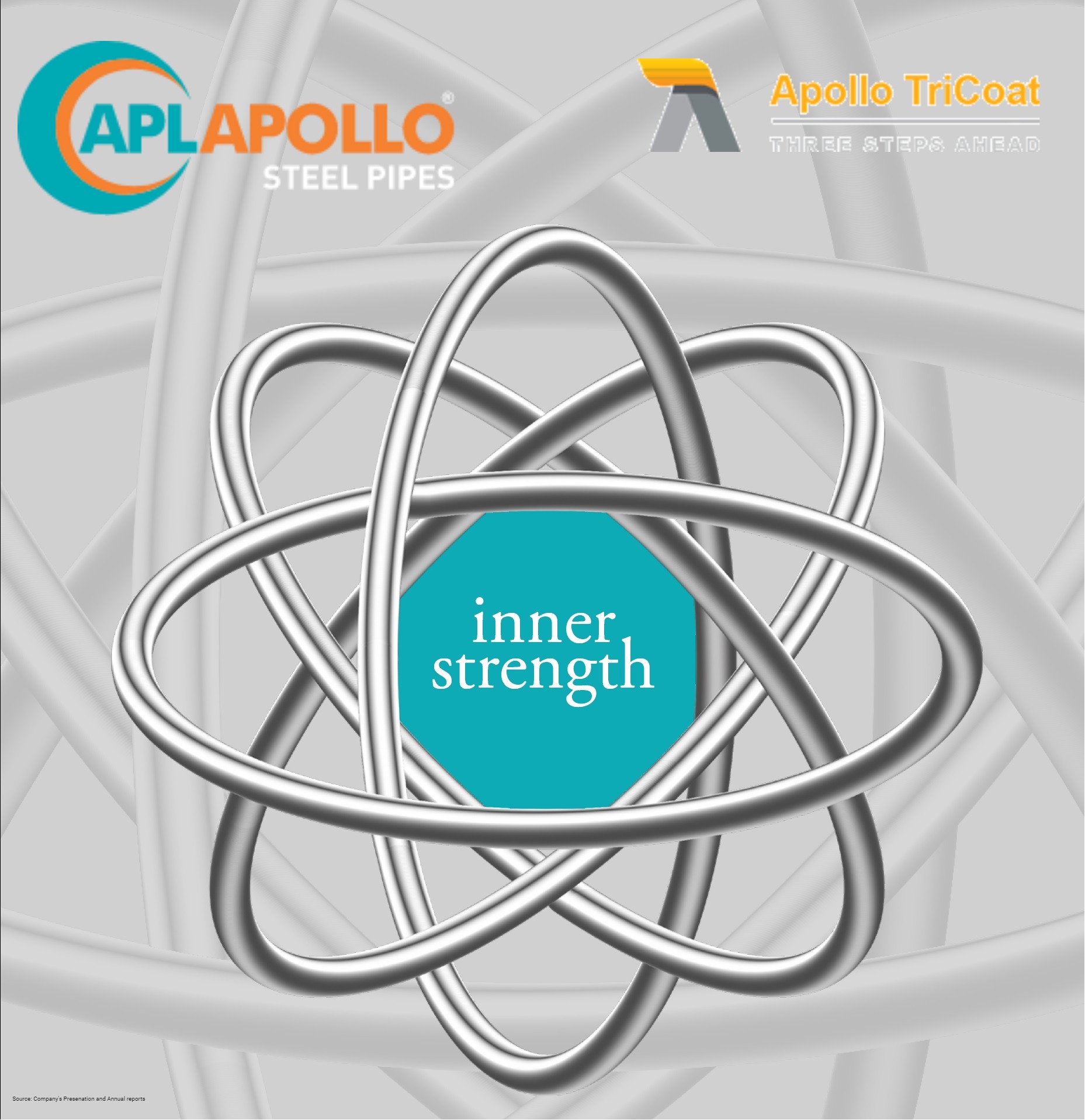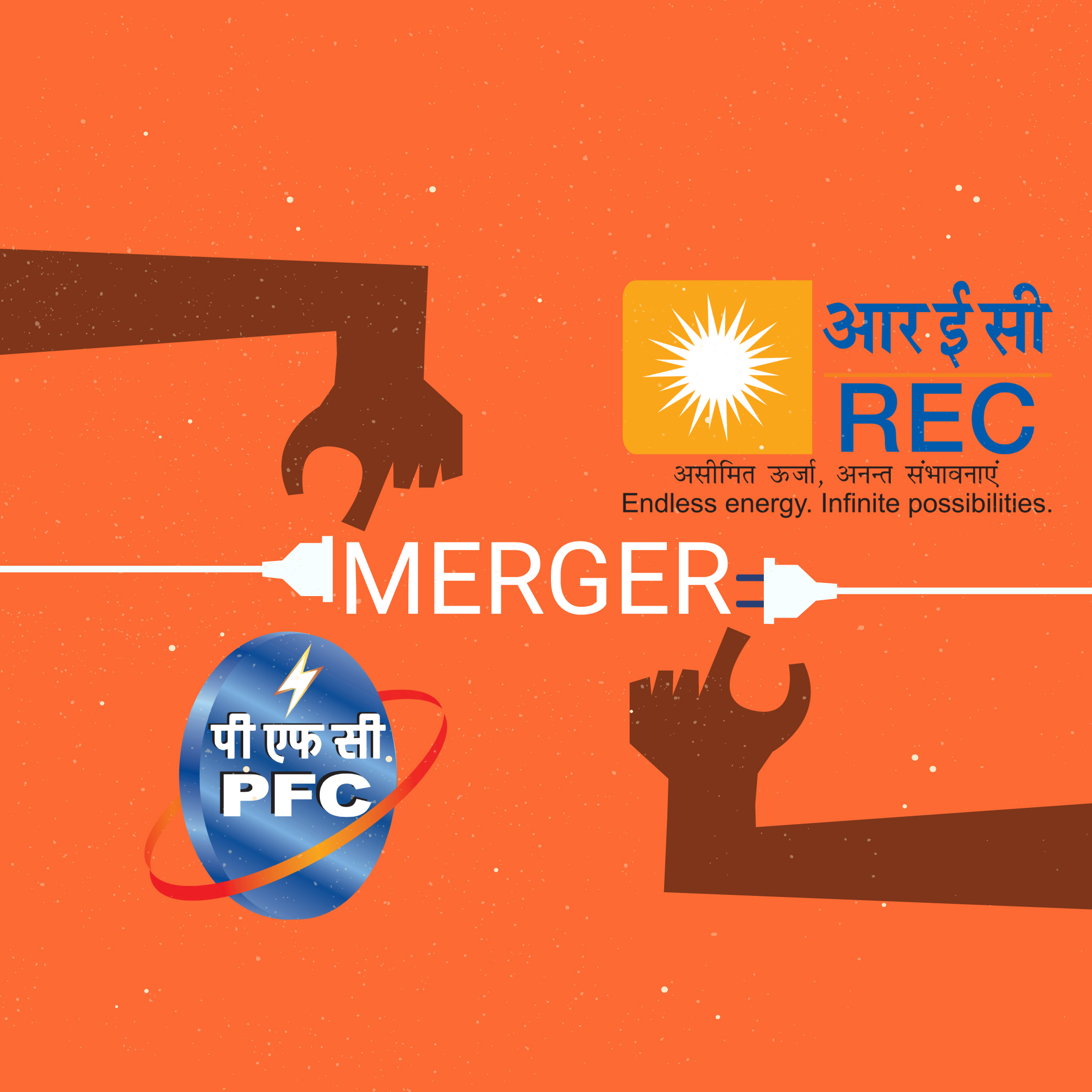NEW DELHI: ONGCBSE 0.37 % has signed a preliminary pact to acquire a stake and operate the KG Basin block of Gujarat State Petroleum Corp. (GSPC), which had announced a major natural gas discovery and spent $3 billion to develop it but hasn’t been able to start commercial production in the technically challenging field. “Yes, we have signed a MoU (memorandum of understanding) on October 4.This is a preliminary thing and we are looking into various possibilities. We have shared report (about gas reserves) of our consultant Gaffney Cline & associates with ONGC,” GSPC managing director JN Singh told ET.
GSPC had announced the gas discovery in the Deen Dayal block with much fanfare when Narendra Modi was Gujarat’s chief minister. Subsequently, the company faced unexpected hurdles such as extremely high temperature and pressure, which can damage equipment. This contributed to the rise in development expenditure, debt, and delay in execution.
Official sources said the pact provides for a panel of three experts to oversee the transaction. This includes Vijay Kelkar, former oil secretary, and P Shankar, former chief vigilance commissioner.
The third slot is yet to be filled but sources said MA Pathan, a former chairman of Indian OilBSE -0.86 % Corp., may get the job. ONGC and GSPC currently have differences over the quantity of reserves in the KG block, the amount of capital and operating expenditure needed, the prices gas and condensate from the KG block can obtain, and the discount rate that should be used to calculate the net asset value, sources said.
Singh said the commercial matters could easily be resolved between the two firms. “As the minister had earlier pointed out, ONGC and GSPC are not India and Pakistan. We are both government bodies, and various possibilities are being looked into,” he said.
ET VIEW
Need more transparency
The deal seems far too cosy. It is vital that both ONGC and GSPC go for an independent valuation of the deal in the interest of their diversified shareholder base. We need far greater transparency, not the ‘you scratch my back, I scratch yours’ kind of approach. Relying exclusively on valuation by ex-bureaucrats is questionable. Surely, the upstream oil regulator, DGH, and Sebi need to intervene and call for independent third-party valuation, and other safeguards. We should not abandon prudential practices, and more so because oil is known to be a risky slippery business.




